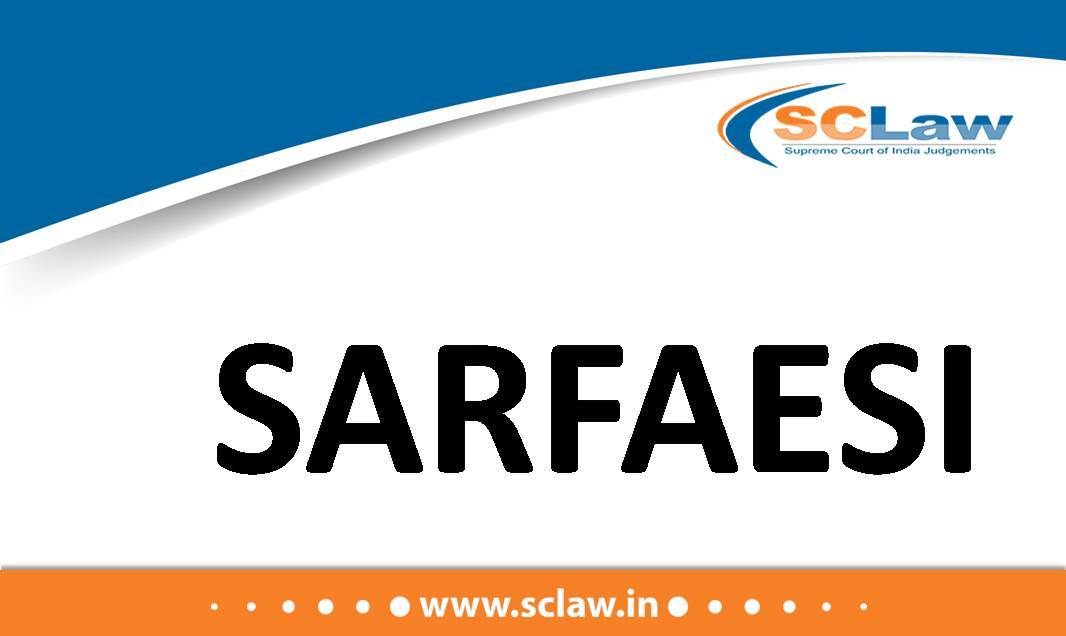Right of the husband to cross-examine the witnesses of the wife was closed, as he had failed to appear before the Family Court despite the issuance of warrants – HELD the family court could not rely on oral arguments of husband. Maintenance granted.
SUPREME COURT OF INDIA Before: Dinesh Maheshwari & Bela M. Trivedi, JJ. Criminal Appeal No. 1693 of 2022 [Arising out of SLP(Crl.) No. 10353 of 2018] Decided on : 28.09.2022…
The deceased husband paid the amount of premium of Rs. 4,000/- with authorised agent to collect premium – Agent delaying deposit HELD for the same insured cannot be made to suffer entitled to the claim amount under the policies along with the interest
SUPREME COURT OF INDIA Before: M.R. Shah & Krishna Murari, JJ. Civil Appeal No. 6731 of 2022 Decided on : 23.09.2022 Smt. Sulakshna – Appellant(s) Versus Oriental Insurance Co. Ltd.…
(i) Whether Section 340 of the Code of Criminal Procedure, 1973 mandates a preliminary inquiry and an opportunity of hearing to the would-be accused before a complaint is made under Section 195 of the Code by a Court? (ii) what is the scope and ambit of such preliminary inquiry?” First Question answer NEGATIVE second question resolved in (2005) 4 SCC 370
SUPREME COURT OF INDIA Before: Sanjay Kishan Kaul, Abhay S. Oka & Vikram Nath, JJ. Criminal Appeal No. 335 of 2020 Decided on: 15.09.2022 The State of Punjab – Appellant…
Criminal Law – Delay in trial – Even after 11 years of FIR trial not started – Any attempt on the part of the accused to delay the trial of serious offences is to be dealt with iron hands – More the delay, more the possibilities of influencing the witnesses
SUPREME COURT OF INDIA DIVISON BENCH GALI JANARDHAN REDDY — Appellant Vs. THE STATE OF ANDHRA PRADESH — Respondent ( Before : M. R. Shah and Krishna Murari, JJ. )…
Murder — Confession before police – Videography of statement by police – Held, both the Trial Court and the Appellate Court went completely wrong in placing reliance on the voluntary statements of the accused and their videography statements — Under Article 20(3) of the Constitution of India, an accused cannot be compelled to be a witness against himself
SUPREME COURT OF INDIA Before: Uday Umesh Lalit CJI., S. Ravindra Bhat & Sudhanshu Dhulia, JJ. Criminal Appeal Nos.1597-1600 of 2022 (Arising out of Special Leave Petition (Crl.) Nos.8792-8795 of…
Service Law – If it is found that the employee had suppressed or given false information in regard to the matters having a bearing on his fitness or suitability to the post, he can be terminated from service.
SUPREME COURT OF INDIA DIVISON BENCH SATISH CHANDRA YADAV — Appellant Vs. UNION OF INDIA AND OTHERS — Respondent ( Before : Surya Kant and J.B. Pardiwala, JJ. ) Civil…
Civil Procedure Code, 1908 (CPC) – Order 7 Rule 11 – Rejection of Plaint – Election matter – Plaint rejected – even after three months order of HC not available – Order set aside on this ground – CJ of HC directed to place matter according to law.
SUPREME COURT OF INDIA DIVISON BENCH K. MADAN MOHAN RAO — Appellant Vs. BHEEMRAO BASWANTHRAO PATIL AND OTHERS — Respondent ( Before : Dinesh Maheshwari and Bela M. Trivedi, JJ.…
Consumer Protection Act and the RERA Act neither exclude nor contradict each other — They are concurrent remedies operating independently and without primacy
SUPREME COURT OF INDIA Before: Uday Umesh Lalit, S. Ravindra Bhat & Pamidighantam Sri Narasimha, JJ. Civil Appeal No. 6044 of 2019 Decided on : 07.04.2022 Experion Developers Pvt. Ltd.…
Right to Fair Compensation and Transparency in Land Acquisition, Rehabilitation and Resettlement Act, 2013 – Section 24(1)(a) – Under the provisions of Section 24(1)(a) in case the award is not made as on 1-1.2014, the date of commencement of the 2013 Act, there is no lapse of proceedings. Compensation has to be determined under the provision of the 2013 Act.
SUPREME COURT OF INDIA DIVISON BENCH DELHI DEVELOPMENT AUTHORITY — Appellant Vs. SHIV KUMAR AND OTHERS — Respondent ( Before : M.R. Shah and Krishna Murari, JJ. ) Civil Appeal…
Application under Section 14 SARFAESI Act – District Magistrate (DM)/Chief Metropolitan Magistrate (CMM) is not required to adjudicate the dispute between the borrower and the secured creditor and/or between any other third party and the secured creditor with respect to the secured assets.
SUPREME COURT OF INDIA DIVISON BENCH BALKRISHNA RAMA TARLE DEAD THR LRS AND ANOTHER — Appellant Vs. PHOENIX ARC PRIVATE LIMITED AND OTHERS — Respondent ( Before : M.R. Shah…













